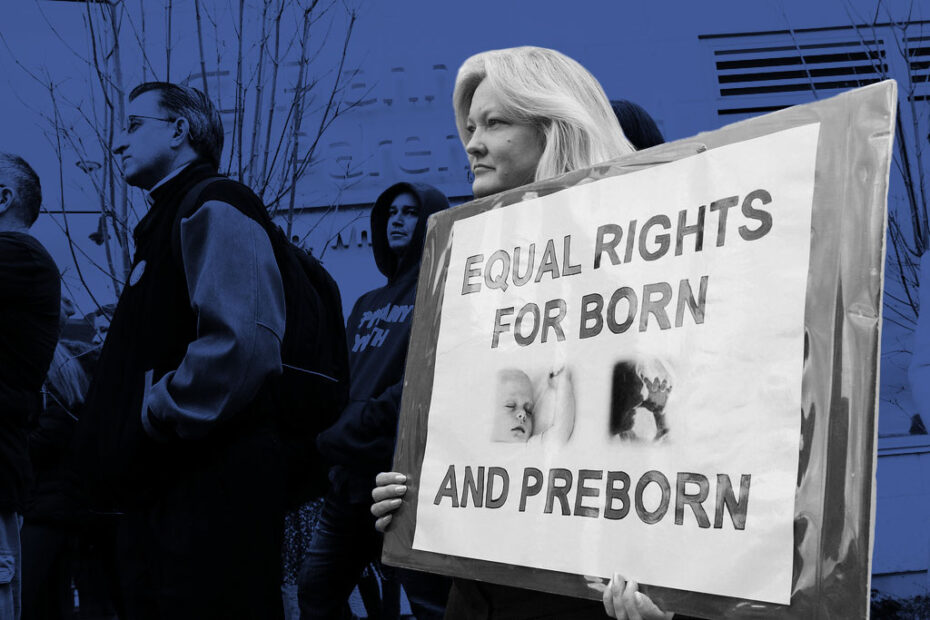By Judie Brown
Webster defines pro-life as “opposed to abortion,” but even among pro-life folks there is a vast array of opinions on what that means. So for the purposes of this article, let’s begin by saying that pro-life means we are opposed to abortion because it is a sin. It is, as St. John Paul II said, murder. In paragraph 58 of The Gospel of Life, the Holy Father taught that
“the moral gravity of procured abortion is apparent in all its truth if we recognize that we are dealing with murder.”
While we are forthright in our defense of innocent people—born and preborn—not all thinking human beings agree. In our nation it is not always popular to be pro-life, and according to some polling data, we might say that Americans are becoming more pro-life, but beneath the surface there is reason for doubt. When we talk about abortion being protected by law, the reality is that most people who say they do not favor abortion set parameters around their statement, meaning that while they may not favor every abortion, they want limits on the killing, not an end to it. This is problematic.
Why? Because abortion is a sin, and it is never merciful. In fact, commentator Rod Dreher recently told his readers
“Let’s be very clear: it is not merciful to deny that sin is sin.”
And that includes abortion!
But if we pro-life Americans do not point this out, who will? In a secular world sin is rarely mentioned, but in fact it surely will be considered after death, so perhaps we should all be talking about it now while folks are living, breathing, and making up their minds where they stand on child killing. After all, that is exactly what abortion is—nothing more, nothing less.
You see, we live in a nation where pro-life people are called terrorists and where it is a crime to defend the babies but perfectly legal to kill them. One such “criminal,” Monica Miller, recently wrote:
“In this culture of death—in the morally upside-down world, pro-lifers have placed themselves on the side of an unwanted, outcast people. During our trial the unborn remained outcast—and so convicted in defense of them, we are ‘counted among the wicked’ and sent to jail. Thus, we remain in solidarity with the outcast.”
The outcast, writes apologist Jeff Cavins, is the person
“Jesus longs to touch. He longs to give their lives significance and meaning.”
Putting this thought into the description of a preborn child destined for murder, we are painfully aware that these babies—persons who have belonged to Jesus since their very first second of existence—are cherished even when, if not especially when, they are doomed to die.
By the same token, we can identify with Miller’s words because as pro-life people each of us strives to live in solidarity with the babies. We make every effort to humanize them for those who shrink away from seeing exactly what abortion does to a child of God. We emphasize their humanity before those who, like Pontius Pilate, are quick to wash their hands of the truth and live in a culture of lies.
And of course, above all else, we pray for their safety and for the souls of those who, perhaps like the soldiers who crucified Christ, “know not what they do,” and we pray for the souls of their mothers. Knowing that abortion is a “grave moral disorder” we cannot help but plead with God to open the eyes of the wicked, the ignorant, and those pressed, coerced, or driven into killing their own children for any reason at all.
As human beings who are genuinely pro-life, we praise God for the opportunity to defend His children.
